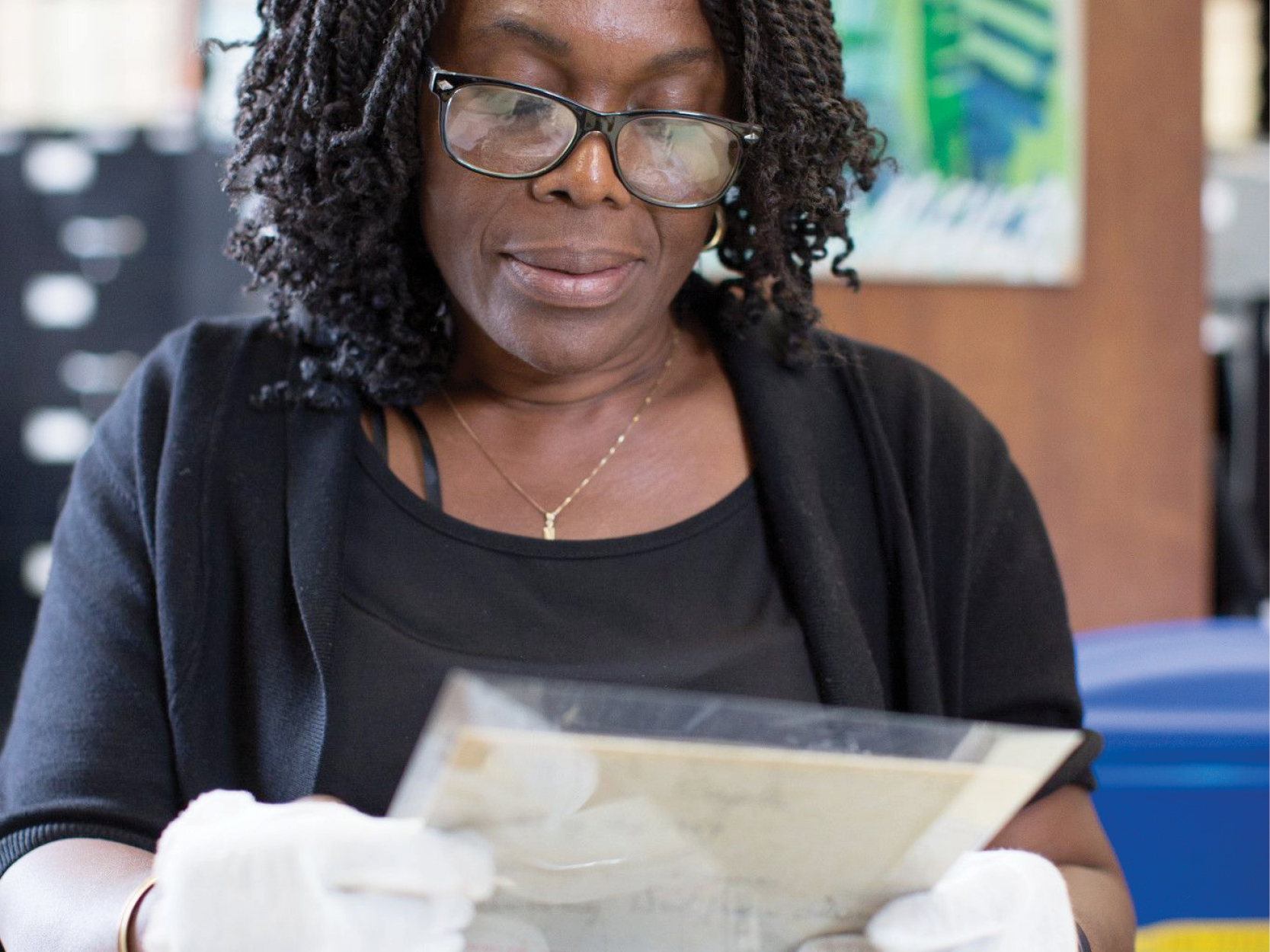During this time of year, with darkness falling earlier and earlier every night, with cold winds whispering under collars and up shirtsleeves, with miniature ghouls and goblins trolling the streets and demanding candy sacrifices, a person's mind quite understandably entertains superstitions of ghosts and hauntings. In a city as aged as New York, it does not take a stretch of the imagination to start seeing ethereal appartitions in the dimmed windows of brownstones, to start hearing centuries-old horse hooves clapping against cobblestones, or to start smelling the decaying rot of ancient burial grounds (or maybe it's just trash pick-up day?).
A testament to October's inherently spine-tingling nature is that most of the Brooklyn Daily Eagle's ghost stories appear in the tenth month. For those who thrill to a good ghost story (as I do), the newspaper is a wellspring of macabre tales, with spooks popping up in every neighborhood of the borough.
Brooklyn Daily Eagle, October 14, 1887
Brooklyn Daily Eagle, October 9, 1895
Brooklyn Daily Eagle, October 23, 1901
One of my favorites, albeit from the usually happier month of April:
Brooklyn Daily Eagle, April 20, 1896.
And finally this Long Island ghost, who proved that women can haunt too, in the age of suffragettes.
Brooklyn Daily Eagle, October 3, 1902.
One of the most heavily reported haunted houses was Melrose Hall, which once occupied a sumptuous 20 acres of land on Bedford Avenue, between Winthrop Street and Clarkson Avenue in the Flatbush neighborhood. The large mansion was a prime setting for a haunting, both for its appearance and its history. The house was set back from the street at the end of a long lane of trees, and was, according to the Eagle, "the quaintest and queerest old place one could imagine." The main building was two-and-a-half stories high, with a wing on each end, and "steep roofs slanted in all directions and gables projected here and there in the oddest sort of way."
Descriptions of the interior cast a more sinister shadow over the property, with "dark corridors, oddly shaped rooms, winding stairways, black holes, mysterious trap doors, and other unprecendented features." The structure was built in 1749 by an Englishman named Lane, who was banished from his homeland for his wild, carousing habits, which he quickly took up again in his new American home. After Lane's death, the house was sold to a Colonel William Axtell, a loyalist to the British crown who was himself a "rollicking fellow and a lusty drinker," and was at his frequent parties "noted as a three-bottle man." Axtell allegedly built secret chambers in the mansion to hide his Tory friends along with dungeons under the house to imprison American patriots during the Revolutionary War.
Although riddled with dungeons and secret chambers and possessed of a bacchanalian past, Melrose Hall, from its outward appearance, looked every bit the distinguished mansion.
It was Axtell's residency that produced the ghost which would immortalize the mansion. The story was popularized by celebrated actress and author Anna Cora Mowatt, who lived in Melrose Hall (and gave the mansion its name) in the mid-1800s. Upon retiring from the stage Mowatt published a memoir, The Autobiography of an Actress, in 1854, which described her years in the historic Flatbush home and included a story of doomed love that made the mansion, according to the Eagle, home to the "largest assortment of the most grewsome [sic] ghost stories of any house in the state."
From the Eagle, October 13, 1895:
"Colonel Axtell, according to tradition, was the second son of an English nobleman, and he married the daughter of a wealthy British merchant. His fiancee was accomplished and prepossessing, but unfortunately she had a sister named Alva, with whom the colonel fell in love." Miserable, Axtell set sail for New York to serve in the American colonies, but little did he know that, "the next ship which sailed for that port from England bore the colonel's beautiful sister-in-law, who, as the story goes, had disguised herself by putting on on men's clothes."
Alva revealed herself to Axtell, who was then living in Melrose Hall. He had a secret chamber (again with the secret chambers!) built above the ballroom, "fitted up with all the luxury and comfort that money could buy," and hid Alva there. One of Axtell's slaves was charged with taking care of Alva's needs, but no one else was to know about her presence. After three years of this unlikely arrangement, Axtell was called away for several weeks. During his absence, the slave woman died and, accordingly, so did Alva, who starved to death in her gilded cage. Mowatt heard about the grisly fate of Alva from her neighbors in Flatbush, who "affirmed that a young girl had been purposely starved to death in that chamber and that her ghost wandered at night around the house."
A grainy photograph of Alva's eternal home, from the Brooklyn Daily Eagle, April 7, 1901.
The Brooklyn Public Library is said to have its own ghost, one not unlike poor Alva of Melrose Hall. Legend has it that a six-year-old girl, Agatha Ann Cunningham, was visiting the Central Library with her classmates in October of 1977 when she strayed, unnoticed, from the group. Her absence wasn't discovered until several hours later, and the child was never found. But employees and patrons alike say they hear mysterious noises coming from the library's basement stacks -- sometimes the soft laughter of a girl at play and other times the nervous sobs of a lost child. A documentary crew recently visited the library to investigate the rumors of a ghost, and we eagerly anticipate the unveiling of their findings:
This blog post reflects the opinions of the author and does not necessarily represent the views of Brooklyn Public Library.
I have written about several
It sounds like Anna Cora
Post a Comment
While BPL encourages an open forum, posts and comments are moderated by library staff. BPL reserves the right, within its sole discretion, not to post and to remove submissions or comments that are unlawful or violate this policy. While comments will not be edited by BPL personnel, a comment may be deleted if it violates our comment policy.
eNews Signup
Get the latest updates from BPL and be the first to know about new programs, author talks, exciting events and opportunities to support your local library.
















